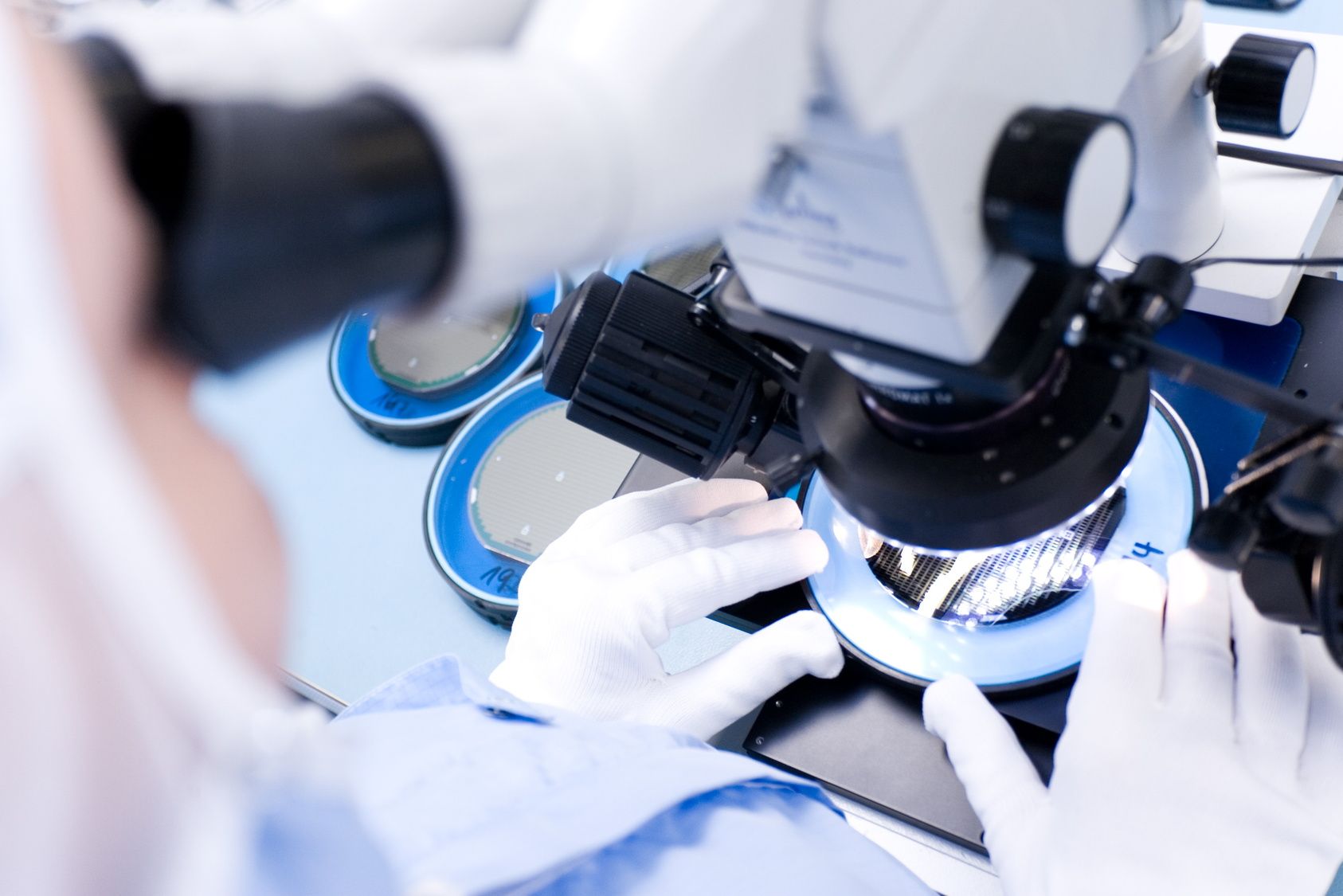
(Vienna, 09 March 2020) Viral infections are currently more topical than ever. Not only are coronavirus and influenza constantly in the news but it is also the season for colds – and, as we all know, colds are caused by rhinovirus. A Medical University of Vienna start-up, "G.ST Antivirals GmbH" now has viral infections in its sights – particularly the rhinovirus. The scientists there found a way to stop the virus and therefore might have discovered a new therapy for treating colds in the future.
The Achilles heel of viruses
Viruses do not have their own metabolism and are therefore entirely dependent on the host cell to supply the building blocks they need to multiply. Since proliferation of viruses entails an extremely high nutrient intake, viruses have found strategies to force host cells to increase their uptake of nutrients, since an efficient infection cycle is only possible with increased energy turnover.
The researchers at G.ST Antivirals (www.gst-antivirals.com) are exploiting this situation to develop treatments that stop the virus from having access to the host cell's metabolic products. The first virus for which the founding team was able to apply this concept is rhinovirus, the pathogen that causes the common cold. In the course of studies conducted at the Medical University of Vienna, they discovered that the virus is particularly vulnerable to inhibition of sugar utilisation.
Sugar as a remedy for the common cold
"Based on these concepts, our team has identified a substance that is highly effective against rhinoviruses, 2-Deoxyglucose. The compound inhibits glycolysis in the host cell, thus starving the virus inside the cell," explain Guido Gualdoni (MedUni Vienna's Department of Medicine III) and Johannes Stöckl (MedUni Vienna's Institute of Immunology). "Since it is cheap to produce and highly effective, the molecule has the ideal pre-requisites for widespread application as a cold remedy."
Since a lot of data is already available regarding the good tolerability of the substance, G.ST Antivirals wants to start clinical testing of the molecule at Vienna General Hospital and/or MedUni Vienna during the course of 2020. The substance could therefore be marketed within what is a very short timeframe for a drug. MedUni Vienna's Technology Transfer Office only filed the patent application for this invention in 2018 (for more information see: www.meduniwien.ac.at/technologietransfer).
Effective against other viruses as well?
"Since all viruses rely on the metabolism of the host cell, we are currently intensifying our efforts to apply this therapeutic strategy to other viruses as well, such as coronaviruses, for example," say the researchers.